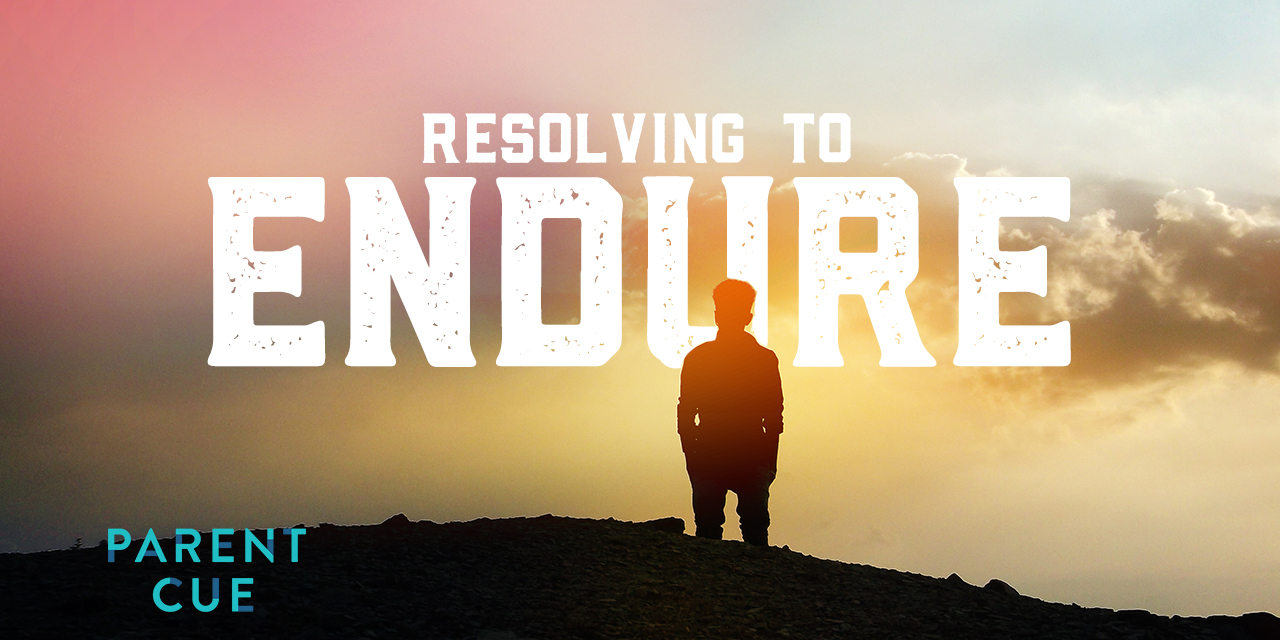
As I shared in my last post, like some of you, I am a task-oriented, A-type person.
It took me a while to figure out that the habits and practices we get rewarded for in the workplace can be the very things that work against us (and our families) at home. While tasks are important, nothing trumps relationships. And the better the relationships, the healthier the family.
If, like me, you’re always “on” and ready to accomplish something, it can produce an unintended tension. As we’ve seen, there are at least five things that create tension in the home when your default is task orientation:
- People can be seen as interruptions rather than priorities.
- When it comes to achievement, you can see your family as a project rather than as people.
- You can miss the pleasure in days off.
- You can misunderstand the love language of family members who value unstructured quality time.
- It can be hard to focus on relationships when there are so many things to do.
So, how do you overcome those challenges and avoid unnecessary tension? Here are some things that I have done that I hope you will also find helpful.
1. I retrained myself to value interruptions.
When my sons would ask me to read a story for the 100th time, shoot a puck with them or drive them to a friend’s house, I began to realize these were incredible moments that wouldn’t last forever and that I would miss someday. Once I began to behave like that was true, I began to enjoy those moments so much more.
2. I started valuing who people actually were, rather than who they might become.
A-type, task-oriented people get their reward by accomplishing things. That can easily spill over into your family and into your parenting. I found I was too often trying to ‘fix’ all the problems I thought I saw. I got better at accepting my kids for who God designed them to be, not who I might have wanted them to be.
3. I had to plan to “be off.”
Days off used to frustrate me because I didn’t see the value in relaxation. Unstructured time was something I struggled with. A breakthrough came for me when I realized that the value in unstructured time is deepening the relationships with those you love most. And if the downtime was scheduled, I valued it more than if it “just happened.” I learned to take full days off with my kids to just simply hang out. Saturdays became days where not getting much done was a good thing. (If you’re not an A-type, you wouldn’t understand. If you are, you get this.)
4. I learned to appreciate the unique wiring of each member of my family.
My wife loves quality time, which to her means I’m unplugged, fully present and engaged. My kids appreciate that too. Being in the same room is often enough for my youngest son, while my older son loves to do things together. Adapting to their unique styles helps me forge deeper relationships with each of them.
5. I learned to unplug.
This is the biggest struggle for me personally. It still is. Phones, iPads and laptops mean I am rarely away from “work.” And even if I am, I find it almost impossible to truly clear my mind and not think about ministry, the next message series, or even the next project around the house or book chapter I need to write. My mind is always racing, always turning. Some rules like “no phones at the table” and “no phone calls in the car” have helped me reclaim quality time with my family around meals and travel. Powering down while we’re out on a day trip helps too. Vacation is probably the best time for me to be completely unplugged and present. The more I schedule “unplugged time,” the better I get at it.
As a result of all this, I’ve become a better husband and dad while still being able to leverage the strengths that a task-orientation brings. How about the rest of you task-oriented people? What’s helped you value the relationships and make time for the people who matter most in life?



